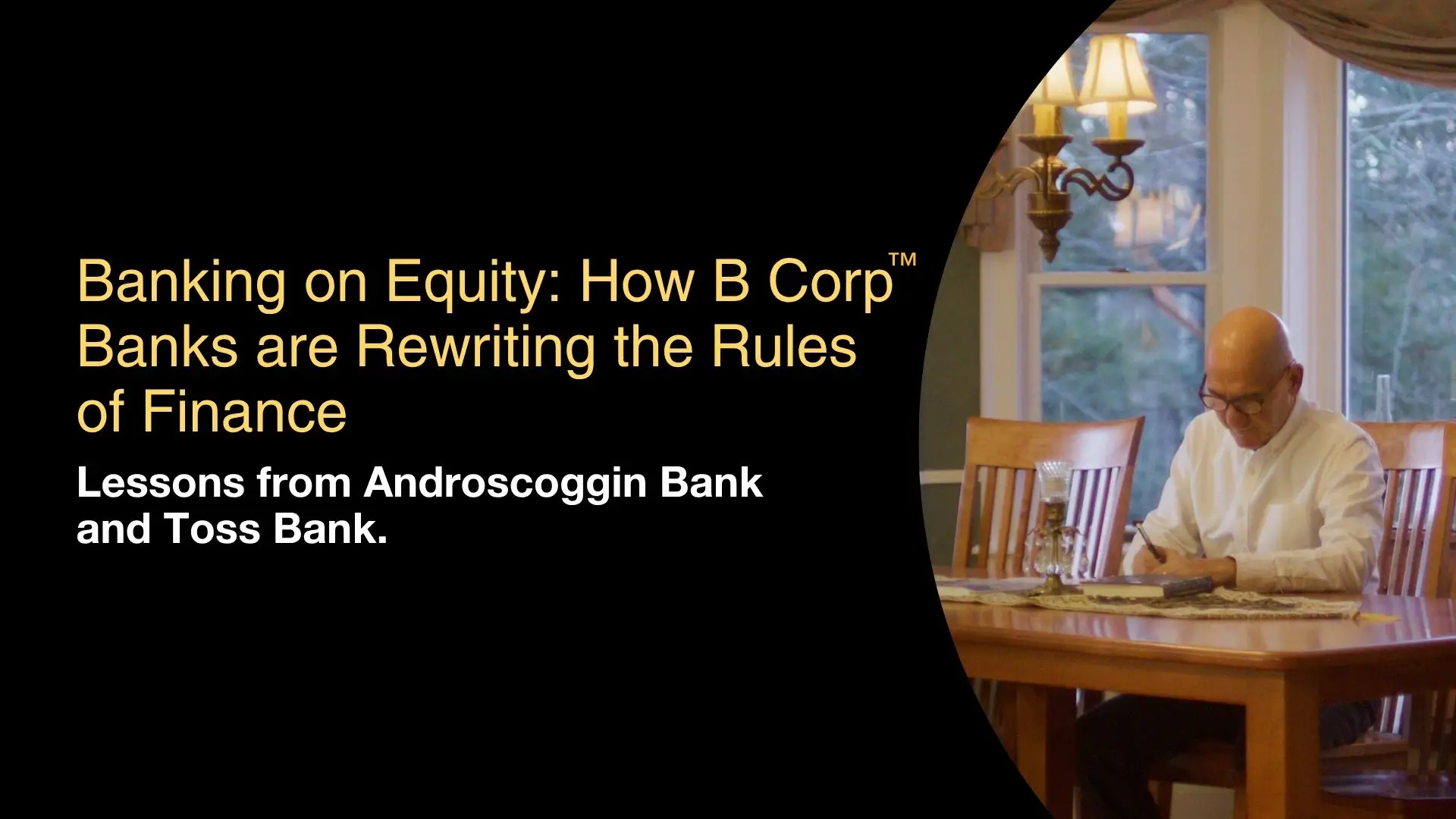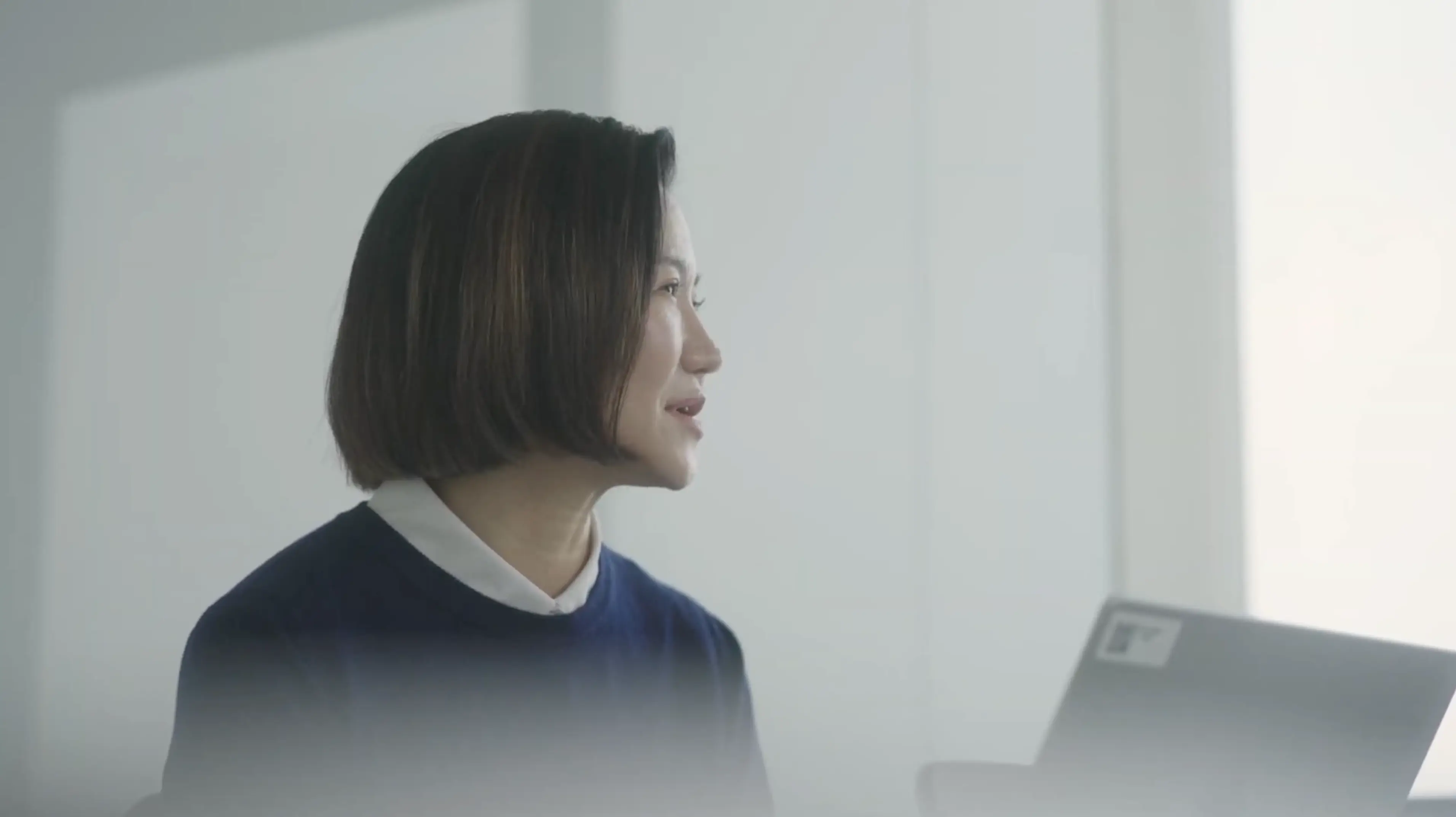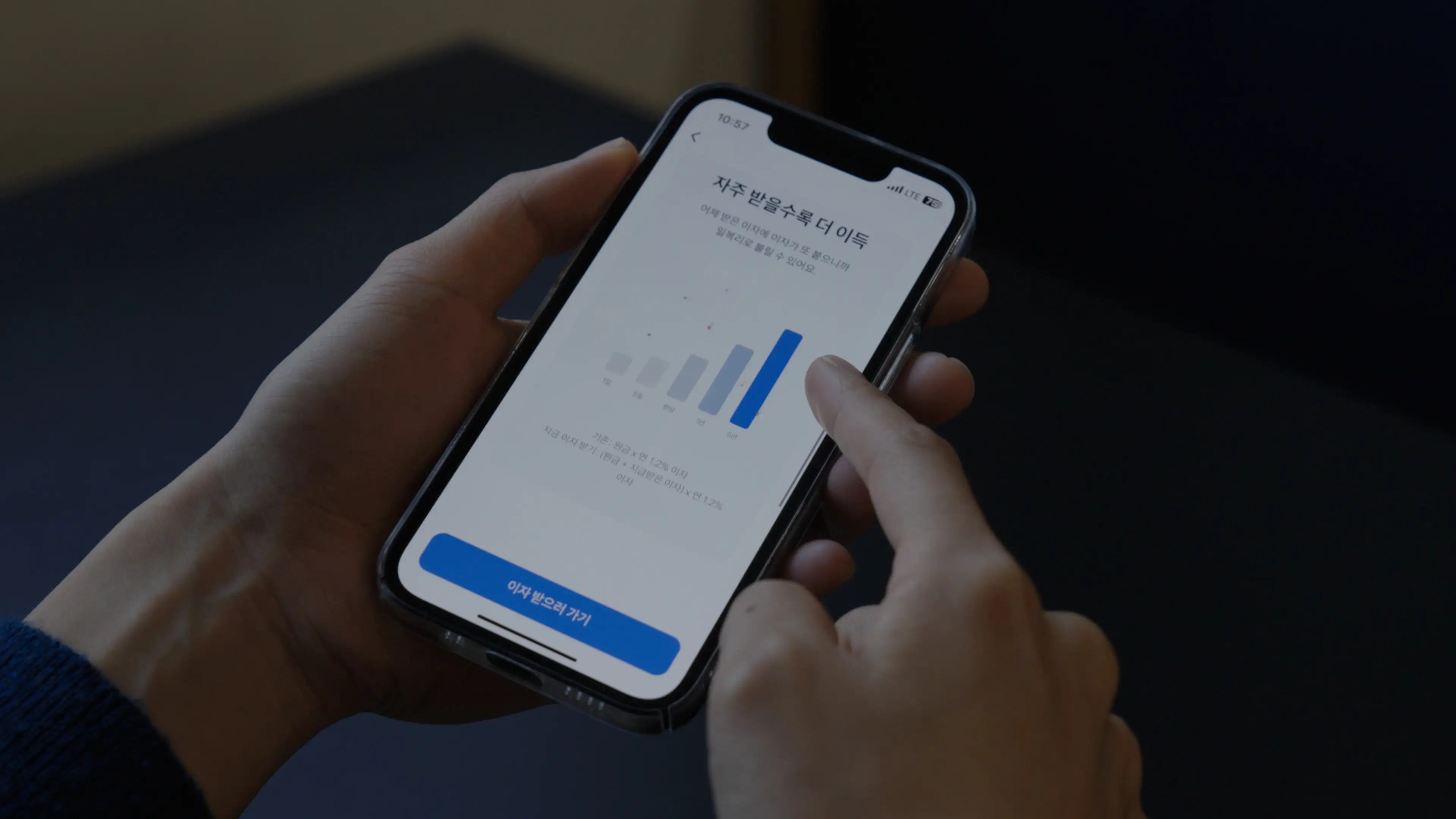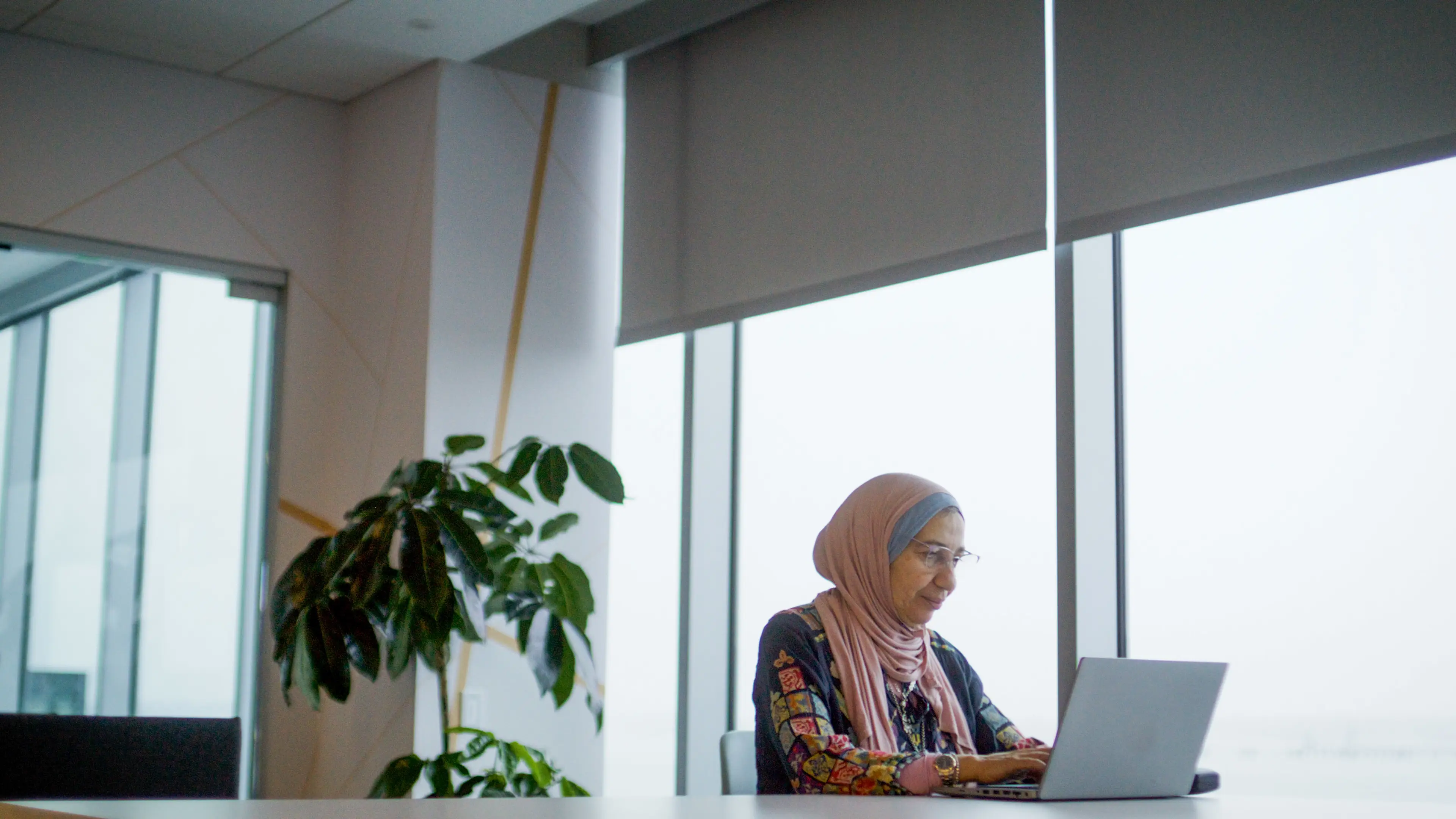Banking on Equity: How B Corp Banks are Rewriting the Rules of Finance

For most of us, it’s nearly impossible to buy a home, start a business, or weather life’s ups and downs without access to financial services. In fact, just over half of adults in low and middle-income economies can meet unexpected financial needs. In the U.S., over half of Americans would struggle to cover living costs beyond two months of unemployment. And whilst account ownership worldwide surged from 51% in 2011 to 76% in 2021, mere access is not enough, and can in fact highlight systemic divides.
Low credit scores lock people out of housing. Small business owners struggle to secure capital. Borrowers of faith can’t find services aligned with their values. People with disabilities are forced into physical branches for paperwork that others complete in seconds. These factors—whether racial, geography, gender, or ability-related—determine how fully someone can leverage financial systems.
This is because finance is not neutral: most financial institutions are not required to explain why loans are denied, to serve low-credit borrowers, or to make services accessible to people with disabilities. Without deliberate action, inequality is built into the system. If we hope to tackle the most pressing challenges of our time—climate change, poverty, food insecurity, geopolitical conflict—we need financial institutions that are actively dismantling barriers to inclusion and building financial health for everyone.
This is the work of B Corps Toss Bank and Androscoggin Bank, who are reimagining what finance can be when it’s built on the principles of equity and inclusion.
Toss Bank’s consumer-centered revolution
South Korea is a global leader in financial access, with one of the world’s highest rates of account ownership, nearing 100% among adults according to the World Bank Global Findex Database. But as B Corp Toss Bank quickly recognized, access does not always mean inclusion.
“We believed that products and services designed from the provider’s (the bank’s) perspective often created a kind of "systemic discrimination"—making it harder for many people to cross the threshold into the financial system.”, explains Jihong Lee, Communications & CSR Lead at Toss Bank.

A 2023 study found that better-off individuals in South Korea are significantly more likely to use digital banking services than those with lower incomes, whilst another paper revealed that fewer than 3 in 5 Koreans feel confident engaging with financial institutions. These gaps reflect a broader issue: a financial system that is technically accessible, but not truly inclusive. This disconnect is exactly what Toss Bank is working to close.
When Toss Bank launched in 2021, it did so with an ambitious mission: to redesign financial services from the perspective of those it’s meant to serve. At the time, this seemed like a radical proposition, especially for an industry long dominated by provider-centric logic and where profit matters at all cost. “The key was shifting away from the traditional provider-centric mindset and instead confronting and redefining the problems from the customer’s point of view," explains Lee.
Nowhere is this inclusive design strategy clearer than in their “Get Interest Now” feature, which lets users collect accrued interest from savings any time they want. The feature is currently used by over 7 million users, whilst 10 other financial companies have introduced similar offerings. Another example? Toss Bank’s own credit scoring system, which allows them to serve young entrepreneurs, graduates, and small business owners who lack traditional credit histories but have real income and ability to repay.

Designing products that remove barriers
Toss Bank’s entire portfolio reflects a deep investment in tackling systemic exclusion. When government savings incentives for people with disabilities, seniors, and low-income citizens proved difficult to access—typically requiring in-person visits and cumbersome paperwork—Toss Bank launched the first fully digital, tax-exempt savings account. Since then, 47,000 customers have collectively deposited over 600 billion KRW–the equivalent of $440 million–through this program, sidestepping bureaucratic friction that kept so many locked out.
“It’s not just about offering financial products, it’s about addressing the inconveniences and challenges customers face in the complex and difficult world of finance [...]”, comments Lee.
Androscoggin Bank’s community roots
As Lee puts it, truly inclusive banking starts by seeing the world through your customers’ eyes; by asking not just what you can sell, but what barriers people face, and, importantly, what you can do to remove them. In Maine, where tight-knit towns and new immigrant communities shape a very different economic landscape, Androscoggin Bank has spent more than 150 years proving that listening to your community—about its struggles, values, and aspirations—is the first step toward building financial systems that serve everyone.

Once shaped by Irish and French Canadian mill workers in the 19th century, the city of Lewiston has, in the last two decades, become home to over 6,000 immigrants and refugees from countries including Somalia, Haiti, and the Democratic Republic of Congo. Today, it holds one of the highest per capita Muslim populations in the United States. At the same time, New England continues to grapple with some of the most persistent economic challenges of the region: an aging workforce, rural isolation, housing shortages, and increasing income disparity.
This is where Androscoggin Bank, Maine’s first B Corp Certified bank and one of just 16 B Corp banks in the U.S., is headquartered. Founded in 1870 to serve immigrants shut out of traditional finance, Androscoggin Bank remains committed to the idea that banking should be a bridge, not a barrier.
“We design products and partnerships that reflect Maine’s diverse, relationship-based economy, focusing on access, trust, and personalized support rather than one-size-fits-all solutions,” explains Chris Lyon, Director of Corporate Impact.
A relationship-based model of inclusion
At a time when many financial institutions are automating away human connection, Androscoggin Bank leans into it. Whether it’s offering financial literacy classes in Portuguese to serve new immigrant communities or supporting Today’s Teller program, a job training program designed for non-English-speaking residents, the bank’s approach is grounded in listening.
“Deep listening is core to our approach. We actively listen to our clients, colleagues, and community—hosting conversations, building partnerships, and co-creating solutions that reflect local realities,” Lyon tells us.
This ethos has guided the bank’s partnerships with local groups to better understand and respond to the lived experiences of Maine’s evolving population. One of the most powerful outcomes of these partnerships? A mortgage designed to align with the values of Muslim community members, in order to help them become homeowners.

Islamic religious principles include requirements that make participation in the American financial system challenging. For years, many were left with limited options, relying on informal lending networks or forgoing homeownership altogether. CEO Neil Kiely articulates the dilemma, stating, "They miss out on the economic empowerment that comes from building equity in their own home, which can have a generational impact. Additionally, they're denied the pride of raising a family in their own space."
Collaborating closely with organizations such as the Greater Portland Immigrant Welcome Center and ProsperityME for over 18 months, the bank developed a unique home financing alternative that not only addressed the housing challenge but also celebrated the inclusion of these individuals within their communities. This solution was integrated into their existing mortgage products and aligns with the religious observances of many in the Muslim community. So far, the impact has been transformative: families who were once shut out of homeownership—and the stability and wealth-building it can bring—are now putting down roots and investing in their communities.
"Many of these individuals have faced hardships beyond our comprehension. Offering an alternative home financing solution is a small yet impactful contribution to help them establish roots in Maine permanently," Kiely continued, "the economic costs and benefits to the bank and the homeowner are essentially the same as a conventional mortgage. This is about creating opportunities for everyone."
A broader vision for financial equity
As Certified B Corporations, both Toss Bank and Androscoggin Bank are part of a global movement redefining the role of business in society. They both hold themselves accountable to high standards of social and environmental performance, transparency, and accountability. And through their work, they are both rethinking the role of banking in people’s lives.
“B Corp certification holds us accountable to that vision, providing a structure for making intentional decisions that benefit our clients, employees, communities, and environment every day,” explains Chris Lyon.
For Toss Bank, that means leveraging digital infrastructure to redistribute control—giving customers the ability to access interest when they need it or opening credit pathways to those traditionally overlooked. For Androscoggin Bank, it means embedding deep cultural and relational insights into products like its Islamic mortgage alternative, and investing in local partnerships that reflect the lived experiences of New Mainers.
Their stories also reflect a wider shift taking place across industries and sectors: a move towards an economy that is inclusive and equitable. These principles are reflected in B Lab’s new standards, which now include a Justice, Equity, Diversity, and Inclusion (JEDI) Impact Topic, asking companies to think about who they serve, how they listen, and whose voices are shaping business decisions and priorities. Our JEDI Impact Topic calls on companies to look beyond their own walls: to understand who faces which barriers, and to reshape not only their workforce, but also their products, services, and community relationships.
Because breaking down barriers in finance—or any industry—starts with seeing them clearly, and then having the courage to build something more fair in their place. As these two B Corps show, that’s how we move from mere access to true inclusion, and toward an economy that works for all.
Learn more about Androscoggin Bank: https://www.youtube.com/watch?v=YjJpLvFmyZk&feature=youtu.be
Learn more about Toss Bank: https://www.youtube.com/watch?v=ZxppkXWdPzw
*All stills in this blog are taken from the films above produced for Androscoggin Bank and Toss Bank by BBC StoryWorks Commercial Productions.

Discover how B Corps are reimagining business to serve people and the planet.
Watch series.